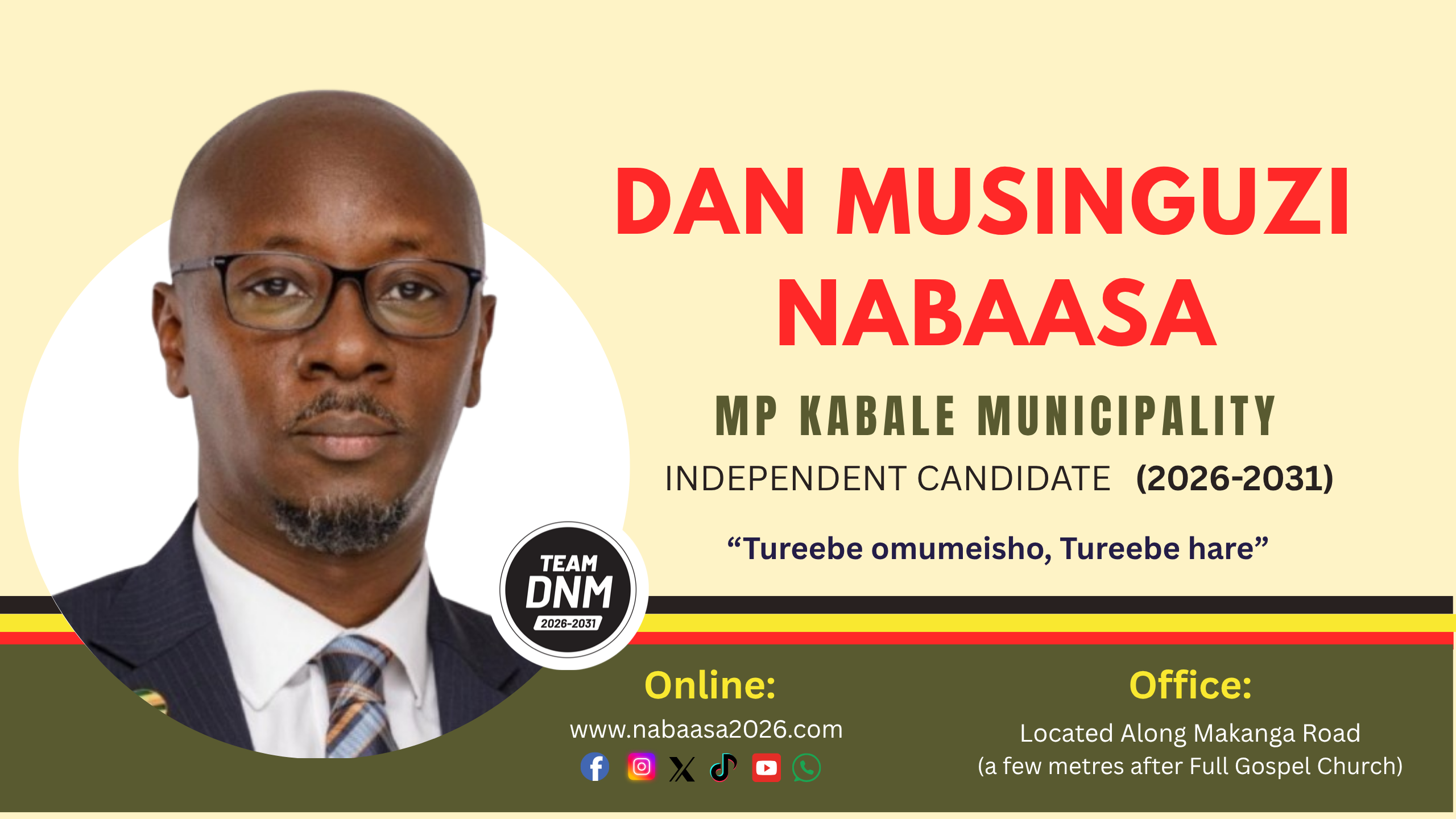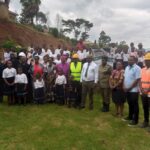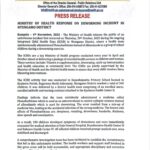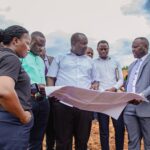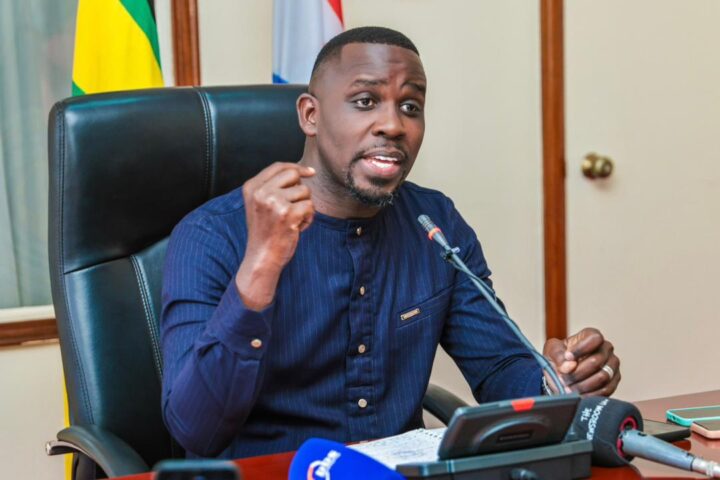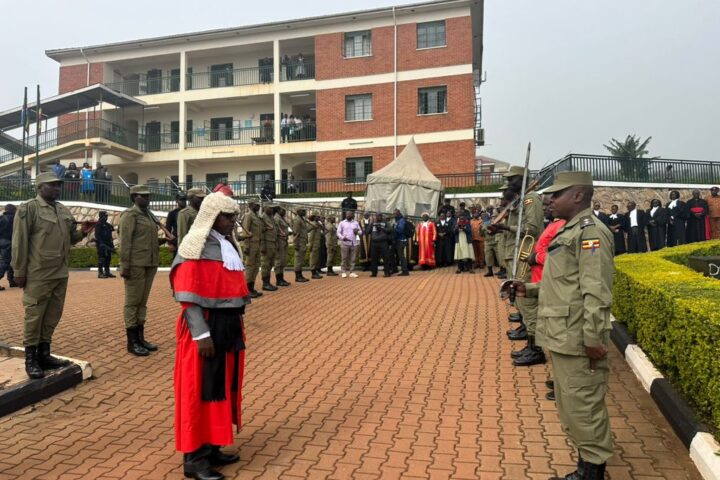
Summary:
- President Museveni explained that while tea is not among the seven key activities he recommends under intensive agriculture, he encourages its cultivation under extensive agriculture.
KAMPALA: President Yoweri Kaguta Museveni has announced that during his upcoming tour of the Kigezi Region, he will engage with leaders and farmers to address the issue of tea and its declining prices.
Speaking during his State of the Nation Address at the 39th Liberation Day celebrations at State House Nakasero in Kampala on Saturday, President Museveni acknowledged the government’s awareness of the challenges facing tea farmers.
“When I go to the Western Region soon, I will get time to discuss with you the issue of tea and its low prices. The government is following it up,” the President assured.
President Museveni explained that while tea is not among the seven key activities he recommends under intensive agriculture, he encourages its cultivation under extensive agriculture.
He emphasized that tea farming is only profitable on a large scale when prices are favorable.
“Although tea is not among the seven activities I recommended under intensive agriculture, we always encourage it under extensive agriculture. It only makes money for the family if you do it on a large scale when the prices are good,” he said.
During the 2024 International Community of Banyakigezi (ICOB) Ugandan Chapter convention held at Meizimera Hotel in Kihihi Town Council, Kanungu District last year in December, Kanungu District LC5 Chairman Sam Arineitwe Kajojo highlighted the frustrations of tea farmers in the Kigezi region.
Kajojo noted that the number of tea farmers in Kigezi has grown from 1,500 to 12,000, with tea factories increasing from one to five. The sector employs over 86,000 people. However, tea prices have plummeted from 550 shillings to 250 shillings per kilogram, leaving many farmers in financial distress.
Some farmers, Kajojo revealed, have abandoned their tea gardens, while others have faced severe hardships, including losing their homes or even committing suicide due to unpaid loans. He appealed to President Museveni for urgent intervention.
In response, President Museveni pointed out that he had previously warned stakeholders, including the Bishop of Kabale Diocese, Calist Rubaramira, against encouraging small-scale farmers to grow tea. He argued that tea farming is only viable on a large scale, a challenge in the Kigezi region, where land is limited.
President Museveni called on stakeholders to explain how they intended farmers to profit before prices dropped. Caleb Kipande, former Chairman of Kayonza Growers Tea Factory, had noted that farmers could earn up to 1.2 million shillings annually.
However, President Museveni countered that such income is inadequate unless tea is grown on a large scale.
Dr. Chris Baryomunsi, Minister for Information and National Guidance, attributed the drop in tea prices to global factors, including the Ukraine-Russia war and the Israel-Palestine conflict.
He also pointed out poor harvesting practices among farmers, which compromise tea quality and reduce market value.
In response, President Museveni reiterated his caution about growing crops like tobacco, cotton, sugarcane, climbing beans, and Irish potatoes, noting that none can generate wealth unless cultivated on a large scale.
He urged small-scale farmers to adopt the four-acre farming model, which includes coffee and fruit growing, zero-grazing livestock, poultry farming, and pasture planting.
He also called on ICOB members to sensitize the public about land fragmentation, which undermines agricultural productivity.
Recently during the climax of the 2024 Bishop’s Annual Appeal Fund at Our Lady of Good Shepherd Rushoroza Cathedral in Kabale Municipality, Minister Baryomunsi announced that President Museveni would visit the Kigezi Sub-region in early February 2025.
“The visit aims to assess the progress of the Parish Development Model (PDM), a government initiative to eradicate poverty and improve livelihoods. The President is expected to meet with local leaders, stakeholders, and PDM beneficiaries to discuss the program’s successes and challenges”. Minister Baryomunsi revealed.
The Source Reports.
We come to you.
Want to send us a story or have an opinion to share? Send an email to [email protected] or WhatsApp on +256742996036.

